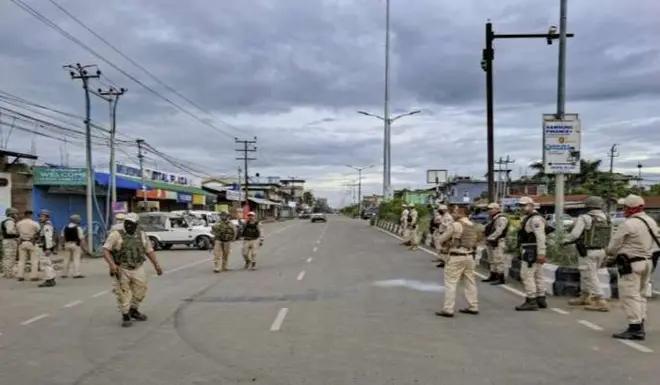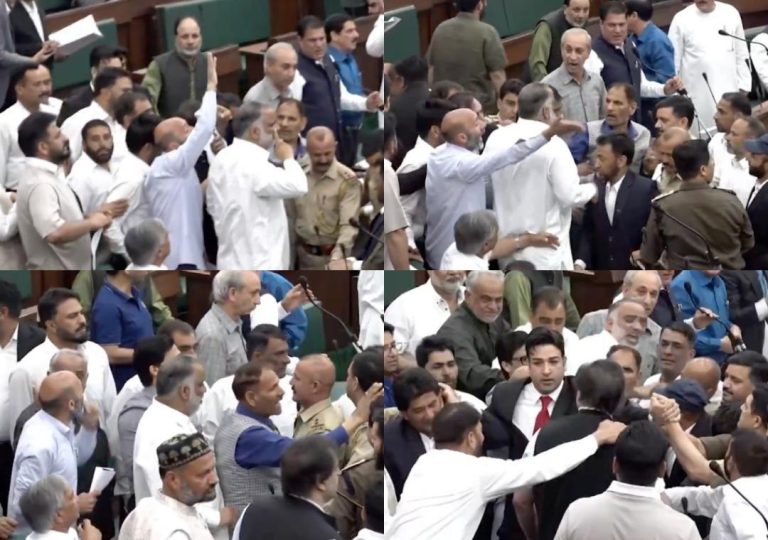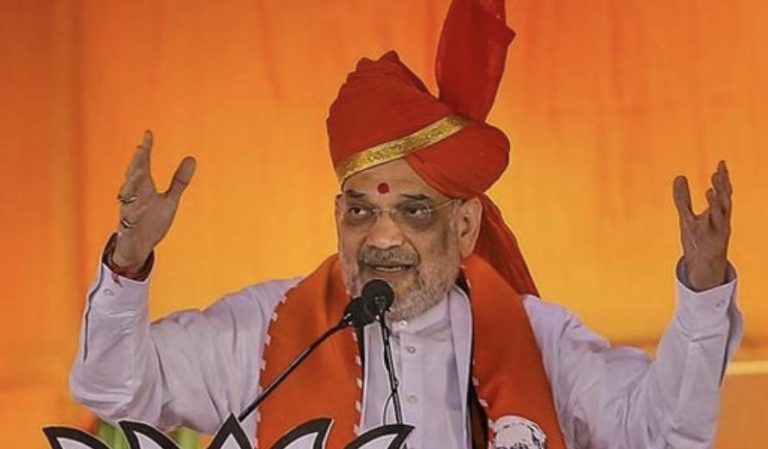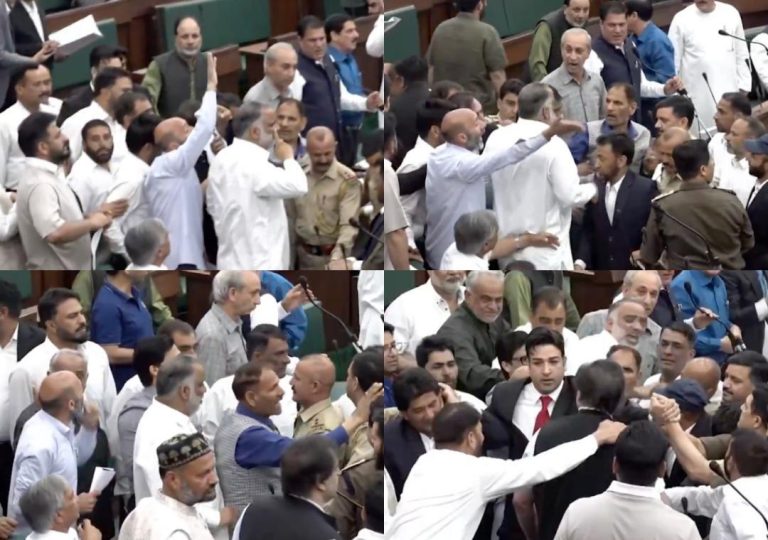
President’s Rule Imposed in Manipur: A New Chapter Unfolds
In a sudden turn of events, President’s rule was imposed in Manipur, a state plagued by violence and political turmoil, on February 18, 2023. This decision comes days after the Chief Minister, N Biren Singh, resigned on February 9, citing threats of a no-confidence motion against him. The move was confirmed by the Central government, which asserted that the situation in the state had become “serious” and “unstable,” necessitating the introduction of President’s rule.
The decision was made after a high-level meeting between the BJP’s Northeast in-charge, Sambit Patra, and Manipur Governor Ajay Bhalla. Patra briefed the Governor on the prevailing political situation in the state, which has been marred by political instability and violence in recent times. The meeting marked the beginning of a new chapter in Manipur’s political history, as the state is now set to be governed by the Central government until further notice.
The resignation of Chief Minister N Biren Singh had come as a shock to many, as he had been a key figure in the state’s politics for several years. Singh, a member of the Bharatiya Janata Party (BJP), had been the Chief Minister of Manipur since 2017 and had been instrumental in implementing various development projects and initiatives in the state. However, his decision to resign amid threats of a no-confidence motion against him has raised questions about the stability of the state’s political landscape.
The no-confidence motion was brought by the opposition parties, including the Congress and the Naga People’s Front (NPF), who had been critical of Singh’s handling of the state’s affairs. The opposition parties had accused Singh of being ineffective in addressing the state’s problems, including the issue of corruption and the ongoing economic crisis.
The resignation of Singh had come at a time when the state was already facing a range of challenges, including economic downturn, corruption, and political instability. The state’s economy had been struggling due to a decline in the revenue from the state’s main industries, such as mining and agriculture. Moreover, the state had been plagued by corruption, with several high-profile corruption cases being reported in recent times.
In addition to these challenges, Manipur has also been grappling with the issue of political instability. The state has a history of political turmoil, with several governments having been toppled in the past few years. The state’s politics have been dominated by the BJP and its allies, but the opposition parties have been gaining ground in recent times.
The imposition of President’s rule in Manipur has raised several questions about the future of the state’s politics. The Central government has announced that it will take over the administration of the state until further notice, which means that the state will be governed by the Central government until a new government is formed.
The decision has been welcomed by some, who see it as a necessary step to bring stability to the state. However, others have expressed concerns about the impact of President’s rule on the state’s politics and economy.
In conclusion, the imposition of President’s rule in Manipur marks a new chapter in the state’s political history. The decision has been made in the wake of Chief Minister N Biren Singh’s resignation, amid threats of a no-confidence motion against him. The move is expected to bring stability to the state, but it also raises questions about the future of the state’s politics and economy.
Source:






